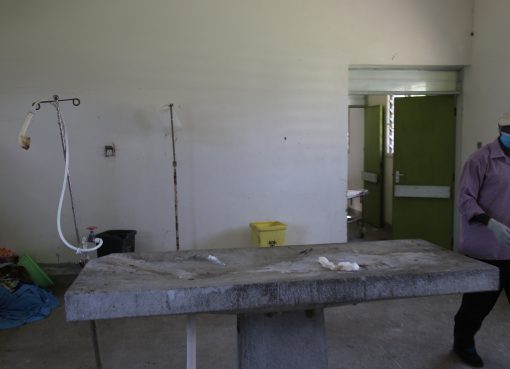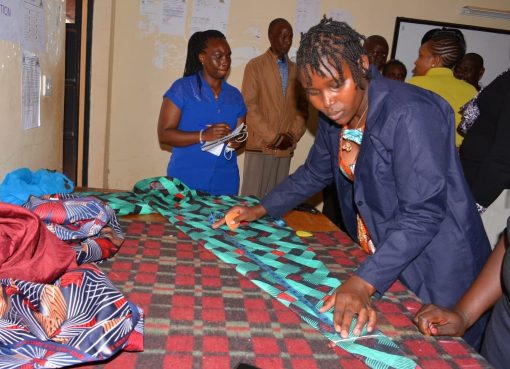The Pharmacy and Poisons Board (PPB) has assured Kenyans of the safety of vaccines administered in the country, saying that they have systems in place to ensure that products authorised to be used in the country are safe, effective, and of good quality.
Dr. Bramwel Tongola, a pharmacist and regulatory officer at PPB, said that they have an active system to monitor the safety of vaccines, and in case of any events, they respond to them appropriately.
Speaking on Wednesday during the dissemination of the Covid-19 monitoring study results, Dr. Tongola said that the study, which was conducted between the months of February and November 2023, revealed that the benefits of these vaccines continue to outweigh the risks since the risks are mild and do not interfere with the life of the recipient.
He explained that the study sought to identify the incidents of adverse events following immunisation after a person received the Covid-19 vaccine, and the findings are that in every 100 people, 32 reported side effects which were mild in nature, but they also depended on the vaccine one received.
Dr. Tongola said that the study was conducted in 15 counties at public and private health facilities with high volumes and which serve people from neighbouring counties.
“In the case of Mpox, we do appreciate that it is an emergency that we have with us, and we have to look for solutions, and with that, we have to look for vaccines. We have seen that the World Health Organisation (WHO) has already issued an emergency use authorisation for an Mpox vaccine,” said Dr. Tongola.
Dr. Martha Mandale, Principal Regulatory Officer at PPB, said that the National Vaccines Immunisation Programme has been key in terms of communicating and demystifying the myths and misconceptions about the Covid-19 vaccines and other vaccines in general.
Dr. Mandale said that on the Covid-19 monitoring study results, most of the people sampled were women, and this is due to the health-seeking behaviour since women seek medical attention more as compared to men.
“Females were also more receptive to the Covid-19 vaccines as compared to the males,” she explained.
Dr. Mandale said that out of the 9,288 total population sampled, 6,099 were females and 3,189 were males. Out of the sampled females, 800, that is, 13%, were pregnant.
In their recommendations, PPB has called for increased public awareness on vaccine safety to improve understanding, foster confidence in vaccines, and encourage vaccine uptake and reporting of side effects.
By Joseph Ng’ang’a





